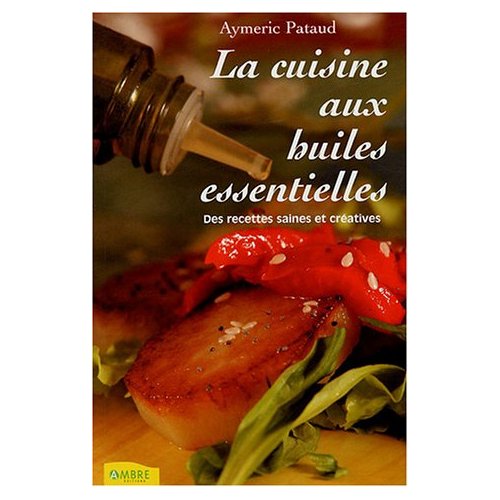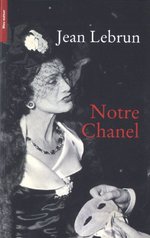Does the Industry Feel Guilty about Copycats? And on Why Fragrance Formulae Are Not Like Cooking Recipes {Culture Notes}
 Seeing the latest announcement from Parfums de Coeur this morning in the mail box made you wonder why the industry is not a bit more low-key about trumpeting that they love fragrance copycats. But nope. Just look at this radiant advert for a proud copy of Juicy Couture Viva La Juicy...
Seeing the latest announcement from Parfums de Coeur this morning in the mail box made you wonder why the industry is not a bit more low-key about trumpeting that they love fragrance copycats. But nope. Just look at this radiant advert for a proud copy of Juicy Couture Viva La Juicy...
It's beaming with the glow of a feel-good conscience about having nailed the formula at a fraction of the cost.
Dear customers, we're on your side, that is, on the side of your wallet. We spent zero efforts thinking about an original perfume because we have incentives to xerox scents instead and direct all our efforts at analyzing other people's juices. And now, you can Rock It! instead of just shouting Viva La Juicy!
We're so proud of our business - with only a tinge of inferiority complex perceptible in the over-enthusiasm acting as smoke-screen - that instead of feeling that we're bootleggers in need of hiding our activities we call it for what it is "Designer Imposter Fragrances". Better be proud imposters than ashamed risk-takers since no regulations prohibit this kind of practice as fragrances are treated like cooking recipes by most legislations.
 Fragrance Formulae vs. Cooking Recipes:
Fragrance Formulae vs. Cooking Recipes:
Except that the whole ad copy betrays a self-consciousness about the fact that perfume formulae are perhaps not exactly like cooking recipes.
They aren't. Here are a few reasons why:
1) You don't cook synthetic foods which required scientific acumen and research to design in their artificiality.
2) A cooking recipe cannot approach the sometimes high level of complexity of a fragrance formula. Try cooking with several hundreds ingredients or even 60.
3) There is a constraint on fixity, stability and structure to a fragrance formula which is not part of the way a cooking recipe and the dish that ensues behave.
4) Cooked food can evoke, but it does not have the capacity like perfume has to tell a story with aromatic molecules, with a sense of the narrative and the dramatic.
5) For a dish to get closer to how perfume behave in its suavity and ethereal nature, you'd usually have to add more essences to it for it to raise to the level of perfume. When you eat an apple and call it "perfumed", it means that the subtle body of the apple has risen above the standard scent of an apple and reached a higher level of complexity.
6) Finally, some perfumes are creations of such perfected forms that people are not interested in offering variations of them but on the contrary of copying them as faithfully as possible. In fact, if they could lay their hands on the formula, expertise and exact same ingredients they'd want to keep their copies as rigorously similar as possible as perfume-wearers are ultra sensitive to subtle variations and olfactive memory is triggered by sameness, not by difference.
And that's not exactly how cooks behave usually, but rather it's closer to what counterfeiters do.









